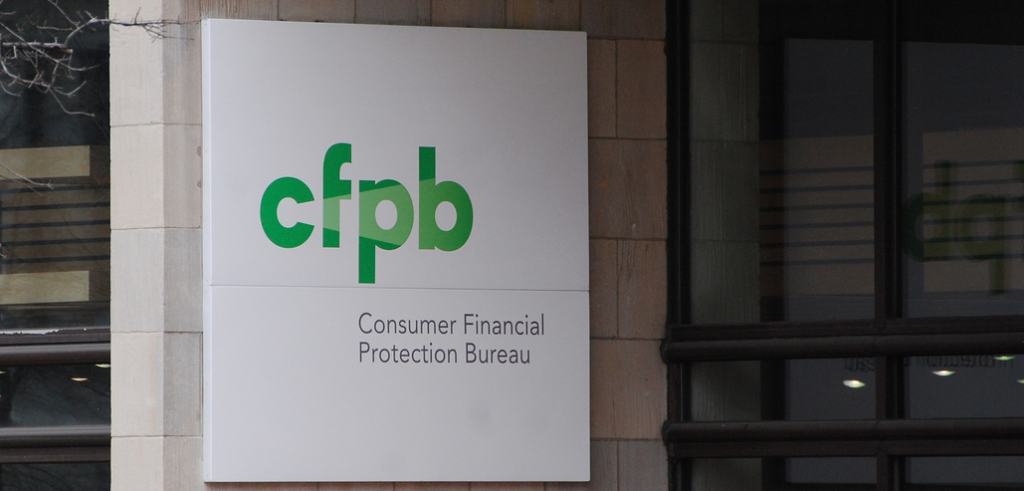Big Banks Don’t Want To Be Transparent About Checking Fees If Little Banks Don’t Have To Be

(afagen)
Bloomberg reports that the banks are attempting to put up a fight against proposed regulations that would require banks to include detailed breakdowns of their revenue (about $30 billion a year) from fees on customers’ accounts in the public quarterly reports they file with the FDIC.
The banks’ argument? That it’s unfair because banks with assets under $1 billion are exempt from the reporting requirement.
And even though the total amount of fees taken in by big banks is significantly larger, small banks are more reliant on these fees.
The original regulation had indeed included smaller banks, but Bloomberg’s sources claim that the little institutions were able to put up enough of a fuss to get the FDIC and the Office of the Comptroller of the Currency to agree to the $1 billion ceiling for exemptions.
But even then, the operators of mid-sized banking operations are calling for that exemption threshold to be increased to $10 billion.
“The information-gathering effort put forth in the notice represents the latest in a long line of new regulatory burdens faced by these institutions,” wrote a VP for the Independent Community Bankers of America trade group in a recent letter to the Consumer Financial Protection Bureau.
One of the main goals of the new requirement was to provide the public and the CFPB with regular, detailed information about bank account fees. The Bureau maintains that having this data would allow it to better understand and regulate controversial issues like overdraft fees.
A CFPB report from last June found that the average consumer was spending some $225 a year on overdraft fees and that these fees alone accounted for 60% of banks’ fee-based revenues each year.
It’s the CFPB’s plan to use the data for analytical purposes that has the larger banks questioning whether the bureau has legal authority to change the requirements of the quarterly FDIC Call Reports.
Last year, trade groups for the nation’s biggest banks complained to the regulators that this data demand “would be a major diversion from the existing purposes of the Call Report.”
Another gripe with the small-bank exemption is that it eliminates almost 90% of all U.S. banks from the additional reporting requirement; a decision which one economist says “leaves a huge gap in the data.”
So the question remains as to whether or not it would still be valuable to have the data from the few larger banks if the many small banks are not included. Perhaps that’s why the CFPB says it is continuing to study the matter and may consider other regulations.
Regardless of the fate of this fee-transparency requirement, it seems like an inevitability that the CFPB will continue to push for continued reform on fee transparency, especially when it comes to overdrafting. And given how much banks could lose if customers were to opt out of overdraft protection en masse, expect financial institutions to keep fighting any new regulation.
Want more consumer news? Visit our parent organization, Consumer Reports, for the latest on scams, recalls, and other consumer issues.

